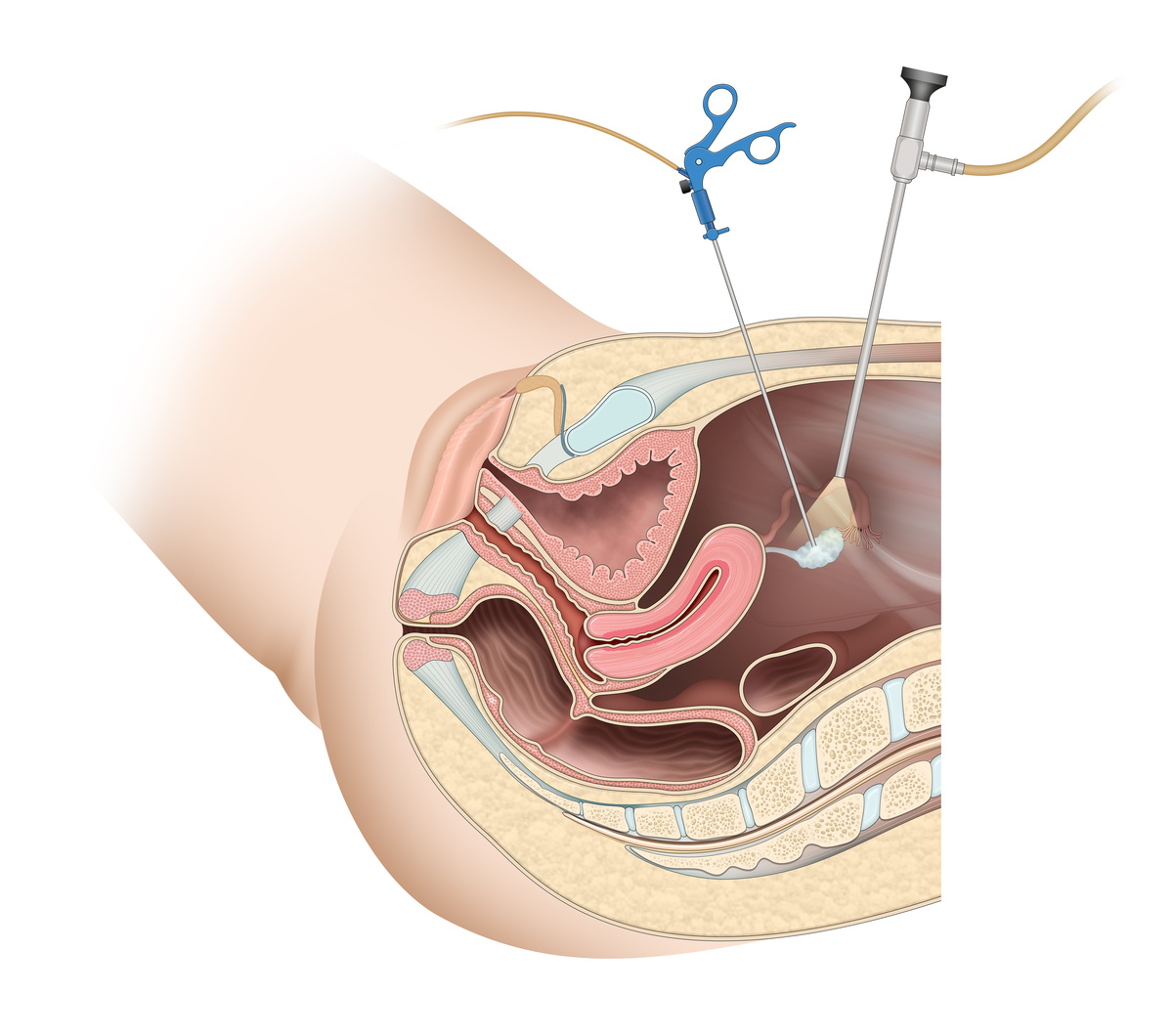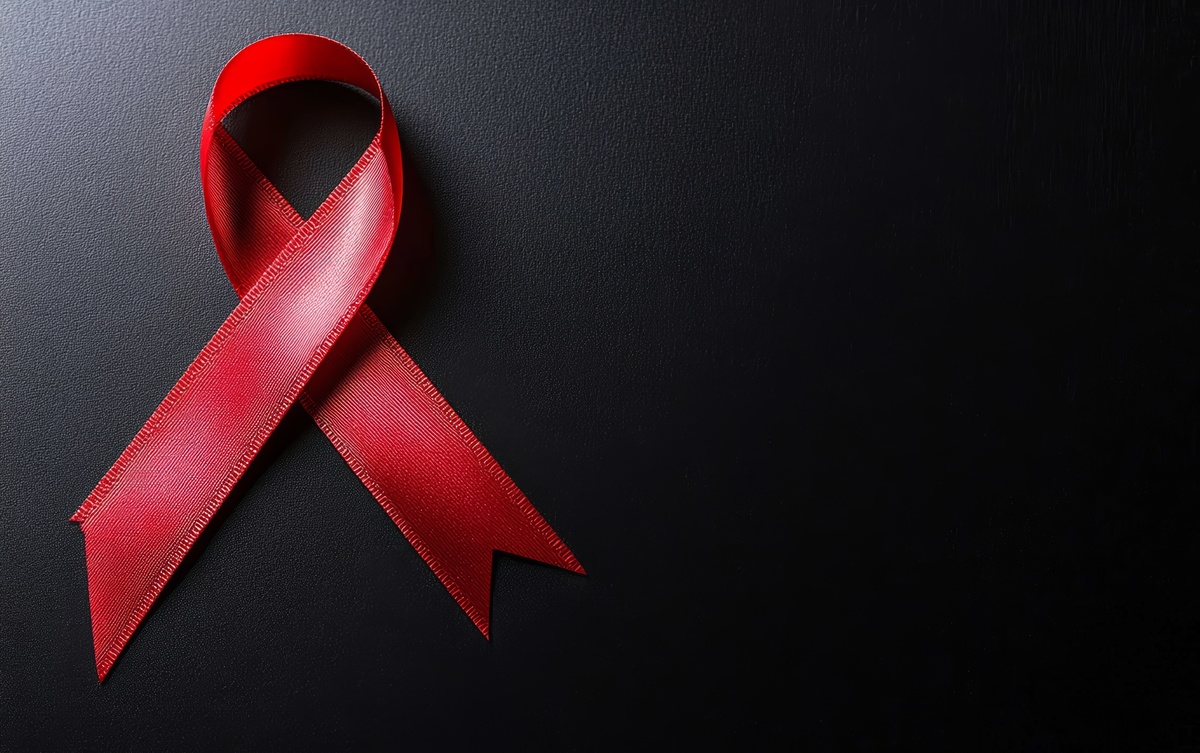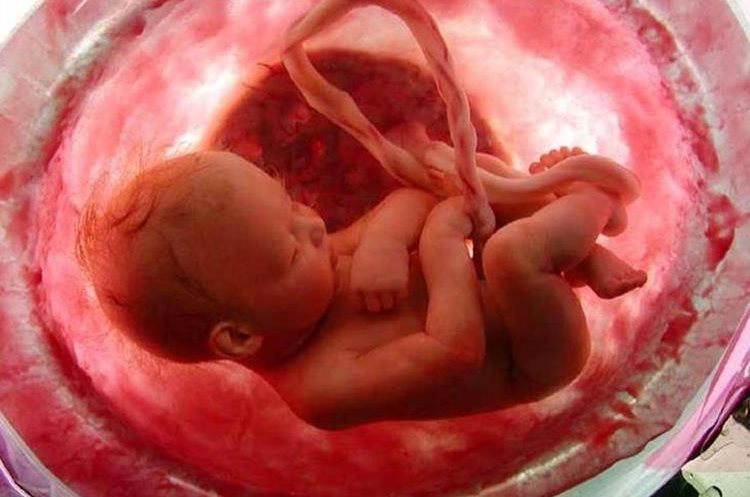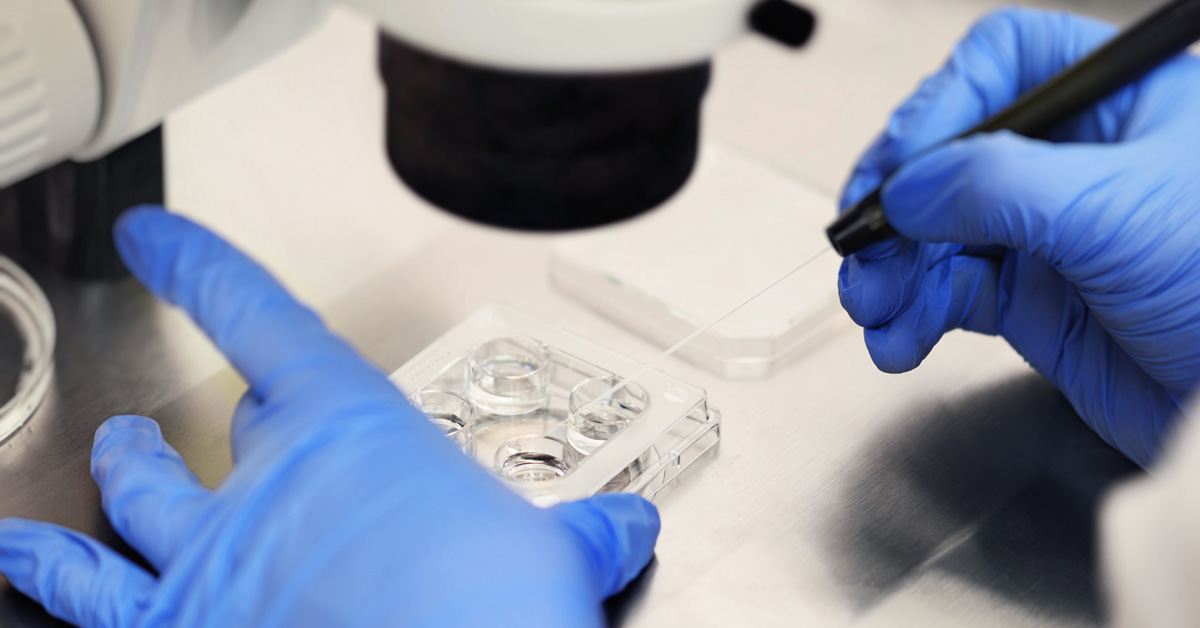Ketogenic Diet
A diet that reduces carbohydrate consumption actually works for those who want to lose weight, but it can cause discomfort. Although the ketogenic diet seems new and trendy, it has been around since the 1920s as a treatment for epilepsy. Nowadays, it is considered a remedy for everything from infertility to type 2 diabetes, and also to help you quickly lose extra pounds. The ketogenic diet basically proposes reducing carbohydrate intake to less than 50 grams per day and increasing fat and protein intake. In summary, around 70% to 80% of the calories you eat should come from fat, around 20% from protein, and just 5% from carbohydrates.
The ketogenic diet contributes to weight loss because it sharply reduces carbohydrate consumption. This is because carbohydrates are the body’s main source of energy, as glucose is obtained through them. When this is accomplished, the body needs to draw energy from other sources. The second option is the fat reserve that our body has. When this fat reserve is burned, the person loses weight. However, the diet is extremely controlled and very difficult to maintain, as just one baked potato and a slice of bread can contain an entire day’s worth of carbohydrates.
A review published in January 2015 in the Journal of Clinical Neurology concluded that only 45% of participants were able to follow the approach as prescribed. Low adherence is attributed to side effects, social isolation, and cravings. The ketogenic diet is not sustainable because it takes away the pleasure and joy of eating. Food is also a psychological and emotional issue, not just nutritional, and all aspects are important. It is worrying to see food in a strictly functional way, and when it is like this, without pleasure, it rarely lasts long.
Foods allowed on the ketogenic diet:
The main foods on the ketogenic diet menu are sources of fats and proteins. Some examples are chicken breast, red meat, fish, eggs, pork, sausages (such as turkey breast and ham), cottage cheese, oilseeds, olive oil, butter, lettuce, dark green vegetables, such as broccoli and spinach, and cheeses.
Side effects:
When there is any type of change in diet, the body can feel it. With the ketogenic diet, it is common to experience some side effects in the first few days, such as headaches and body aches, as well as feeling unwell.
There are studies that point to other effects that should be considered, such as:
- Muscle loss
- Kidney overload
- Liver problems
- Cold
- Mood changes
- Nutritional deficiencies
- Dehydration and loss of electrolytes
Ketogenic diet and cancer.
Many people believe that the ketogenic diet can be an ally in cancer treatment. This happens mainly due to the fact that while normal cells are able to enter Ketosis, that is, use fatty acids instead of glucose as a source of energy, when there is no consumption of carbohydrates – cancer cells are unable to do the same. However, even though the body is not ingesting glucose through food, glucose is still produced by cells and apparently, cancer cells are able to live and reproduce under these conditions.
In a study conducted in 2012 and published by the scientific journal Nutrition, 10 patients with advanced cancer were placed on a ketogenic diet for 28 days. After the period, 4 patients still had the disease progressing, 5 stabilized, and only one had a partial remission of the tumor. Therefore, it is still not possible to say for sure whether this type of diet really helps those suffering from cancer, and larger studies need to be conducted to reach a conclusion on the subject.
Advantages of the ketogenic diet:
Rapid weight loss: The only advantage of the ketogenic diet is that it provides rapid weight loss. This is because by drastically reducing carbohydrate consumption, the body is left without its main source of energy. Then, the body will use glycogen, a small energy reserve that remains in the muscle and liver. This leads to a rapid weight loss of around 4 kilos.
After this phase, the body seeks energy from adipose tissue, and then fat burning occurs. Restricting carbohydrates also leads to burning muscle.
By providing rapid weight loss, the ketogenic diet makes the person feel excited to continue this weight loss process. This may eventually lead to her accepting dietary re-education and thus losing weight in a healthy way.
Disadvantages of the ketogenic diet:
Fatigue and headaches: When carbohydrates are lacking, the body tends to convert fat into energy, which leads to the release of substances called ketone bodies. In excess, these substances can cause nausea. Reducing carbohydrates will also cause feelings of tiredness.
Difficulty concentrating
The body without carbohydrates lacks energy. Without glucose, the brain cannot perform its functions successfully; this results in difficulty concentrating
Affects mood
The ketogenic diet can lead to bad mood. The reason is that the body needs carbohydrates to take tryptophan to the brain. Tryptophan is essential for the synthesis of serotonin, which in turn is important in modulating mood and well-being. Therefore, reducing carbohydrate consumption can cause a bad mood.
Causes hypoglycemia
By drastically reducing the amount of carbohydrates, the ketogenic diet can lead to hypoglycemia and low blood sugar levels, which can even cause fainting.
Causes Muscle Loss
Carb restriction leads to muscle burning. This is because the body’s other source of energy in the face of a lack of carbohydrates comes from the amino acids present in the muscles. This muscle burning caused by the ketogenic diet is especially harmful to the weight loss process, as these muscles spend a lot of energy to exist; that is, their presence helps with weight loss.
Increased cholesterol levels
By encouraging the consumption of fats, including saturated fats, the ketogenic diet favors an increase in cholesterol levels. The explanation for this is that excess saturated fats lead to increased levels of LDL cholesterol, known as bad cholesterol, as it can be deposited in the arteries and cause them to become clogged and consequently heart problems such as a heart attack.
Increases the risk of cancer
By allowing the free consumption of sausages, such as sausage, salami, and turkey breast, the ketogenic diet increases the risk of cancer, as sausages contain nitrites, which in turn increase the risk of cancer in the digestive system. Furthermore, sausages contain large amounts of sodium, which favors problems such as high blood pressure.







